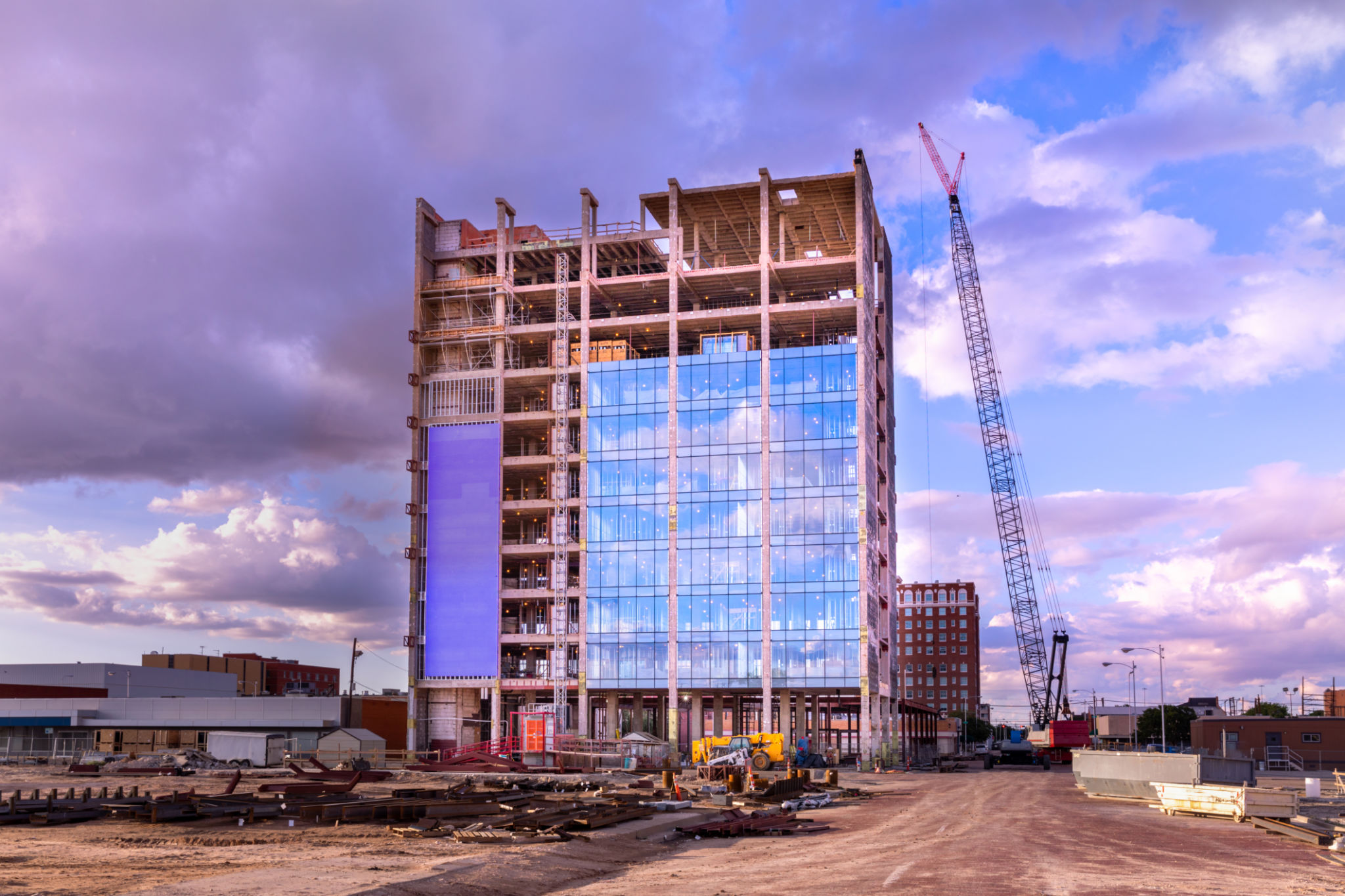Case Study: Successful Project Management in Ghana's Construction Sector
Introduction to Project Management in Ghana's Construction Sector
Ghana's construction sector has seen significant growth in recent years, driven by urbanization and infrastructure development. Efficient project management is crucial to ensuring these projects are completed on time, within budget, and meet the required quality standards. This case study explores a successful project management example in Ghana's construction sector, highlighting key strategies and methodologies that contributed to its success.

Project Overview
The project in focus involved the construction of a multi-purpose commercial complex in Accra. The goal was to create a sustainable building that addressed the growing demand for office and retail space. The project had a tight deadline and budget constraints, making effective project management essential.
The stakeholders included government bodies, private investors, contractors, and local communities. Managing these diverse interests required a collaborative approach and transparent communication to ensure all parties were aligned with the project's objectives.
Planning and Design
Effective planning and design were the cornerstones of this successful project. The project team utilized Building Information Modeling (BIM) technology to create detailed 3D models. This allowed for better visualization and coordination among architects, engineers, and contractors, reducing the likelihood of errors during construction.
Key planning stages included:
- Conducting feasibility studies to assess economic viability and environmental impact.
- Developing a comprehensive project timeline with milestone tracking.
- Engaging stakeholders early in the design process to gather input and address concerns.

Execution and Monitoring
The execution phase was meticulously monitored using state-of-the-art project management software that allowed real-time tracking of progress, resources, and finances. This technology facilitated swift decision-making and adjustments when necessary, keeping the project on track.
Regular site inspections ensured adherence to safety standards and quality benchmarks. Weekly meetings with stakeholders provided updates and addressed any emerging issues promptly, fostering a proactive management approach.
Challenges and Solutions
The project faced several challenges, including unexpected weather conditions and supply chain disruptions. The project team employed risk management strategies to mitigate these issues:
- Implementing contingency plans for weather-related delays, such as flexible work scheduling.
- Diversifying suppliers to ensure material availability even during disruptions.
- Utilizing local resources and labor to reduce dependency on external sources.

Successful Project Completion
The project was completed on time and within budget, achieving high-quality standards. The commercial complex has become a landmark in Accra, offering modern amenities while promoting sustainability. This success story highlights the importance of strategic planning, innovative technology use, and stakeholder collaboration in project management within Ghana's construction sector.
The lessons learned from this case study can be applied to future projects across the region, contributing to the continued growth and development of the construction industry in Ghana.
